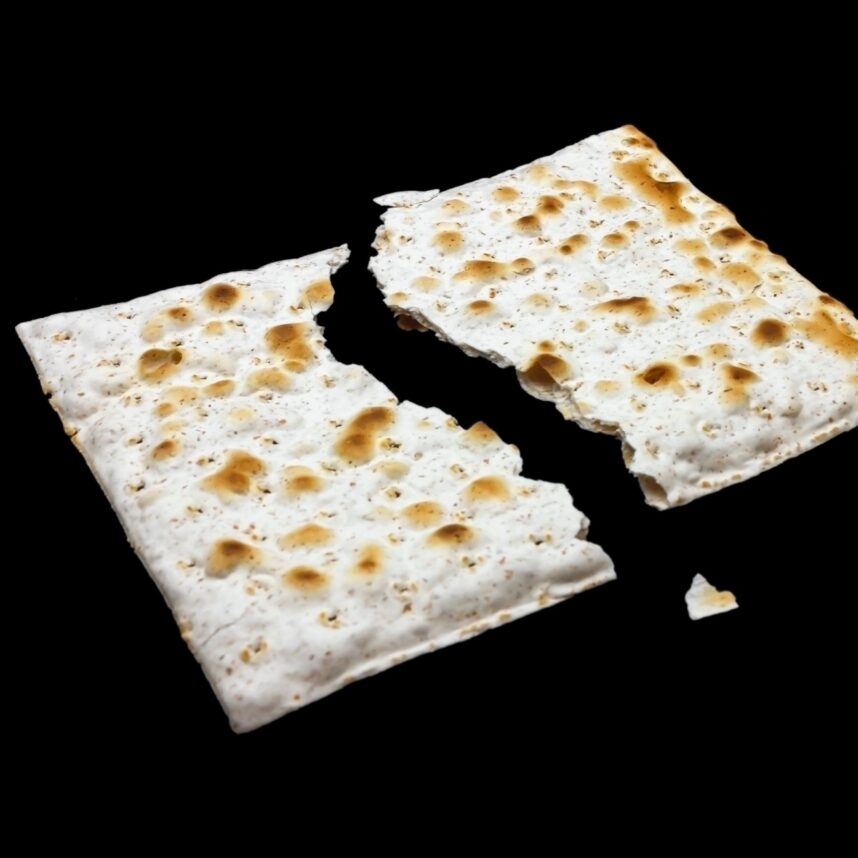
 The Middle Matza
The Middle Matza
The Middle Matza
Passover 2024
The three matzas on the Seder table are often interpreted as referring to three times in history. The bottom matza, which remains whole, refers to the Exodus from Egypt, Pesach d’Mitzrayim. Everyone who wanted out, got out.
The top matza, also whole, refers to the messianic end of times, the future Pesach – Pesach l’atid lavo. All will be free.
The middle matza, the broken one, refers to the time in between; – Pesach l’dorot, Pesach of the generations between Egypt and the Messiah.
We live in broken times, with broken hearts.
In broken times, with broken hearts, our anguish is sharp. We feel acutely the plight of the chatufim, the abducted ones, and the savage circumstance in which they were abducted and are held captive. In anguish, we pray for their release and the defeat of Hamas, just as the Israelites were freed from Egypt and Pharaoh’s army, which sought to re-enslave or annihilate the Israelites, was destroyed.
In our anguish, despite our anguish, I want us to lift our eyes to acts of heroism and valor. Israeli soldiers, police, and civilians fought tenaciously on October 7th, alone and in small groups, until the organized military could arrive. Even unarmed Israelis sped to the battlefield, picking up a pistol here or a rifle there, to engage with and destroy the terrorists. In the first hours after the attack, great acts of valor, most of which will never be recounted, stopped countless more people from being killed or abducted. The Israeli army, once engaged, has acted with great valor, skill, and humanity, despite what others want us to believe.
Hundreds of Israeli soldiers have died, thousands wounded, in the war to defeat Hamas and rescue the abducted. Thousands remain in the field. Our prayers should include prayers honoring the memory of those killed, those who died fighting, prayers for healing for the wounded, prayers for the safety of those fighting now to rescue the abducted. Israeli society at large is broken hearted – we must each do what we can to help heal those wounds.
A hard question remains before us – how to able to say, “Happy Passover,” or even how to be able to hold a Passover Seder during this broken time. Simply put: We have a commandment before us to tell the story. Each of us will have to find our way to honor the past, the present, and the future.
We must celebrate the countless lives saved that day due to profound heroism rooted in the duty to protect people, rescue people, and defend the nation.
Whatever happens, the tradition must go on, in tears for the loss, in gratitude for those saved, and in awe of those who act in God’s stead.
What is wisdom, and how do we fight hatred? What is indifference, and how do we foster commitment to truth and justice? How do we inform those lacking knowledge? How do we teach people to ask good questions, to find their way to moral commitment? These are some of the questions I will ponder and discuss at our Seders.
Our duty is to create light in times of darkness, and to create happiness, even of the bittersweet sort.
Chag Same’ach,
Rabbi Mordecai and Meirav Finley







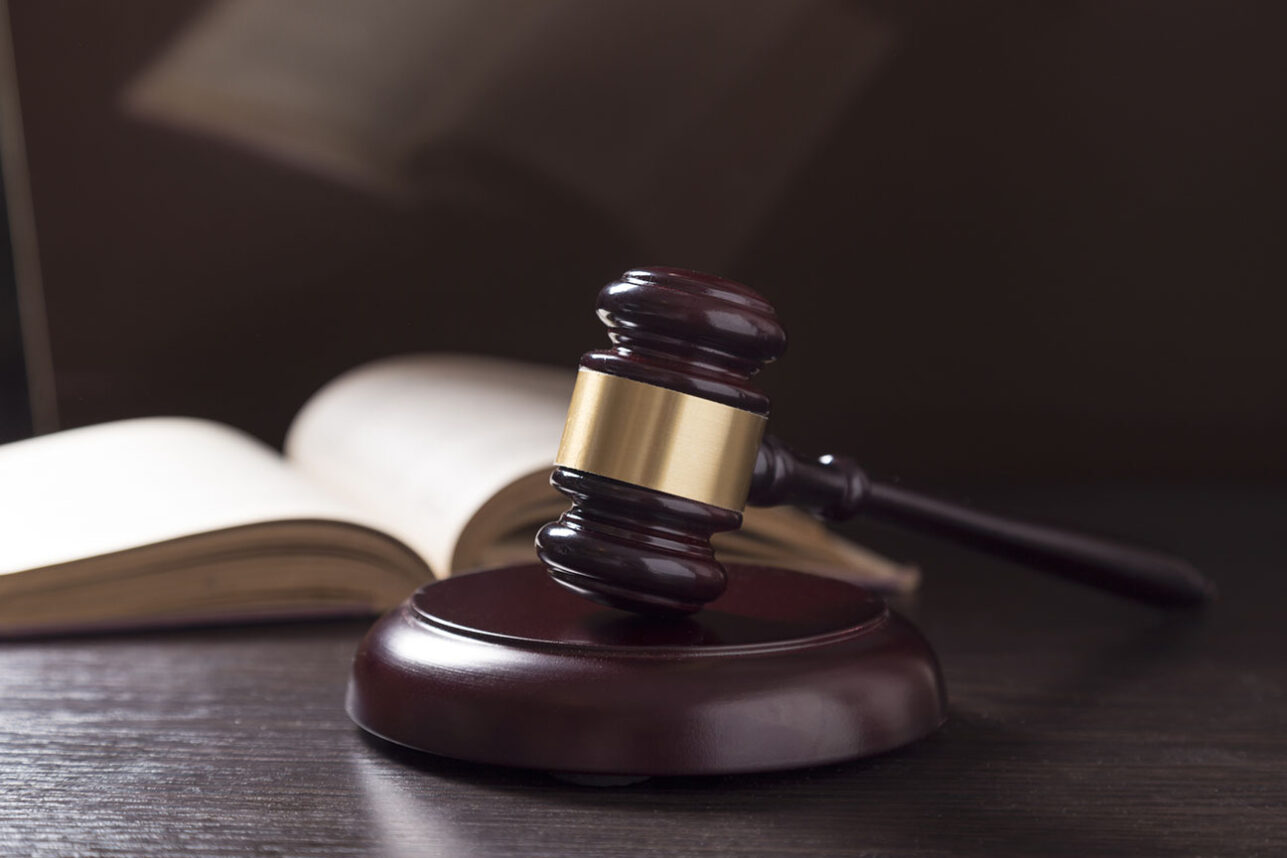
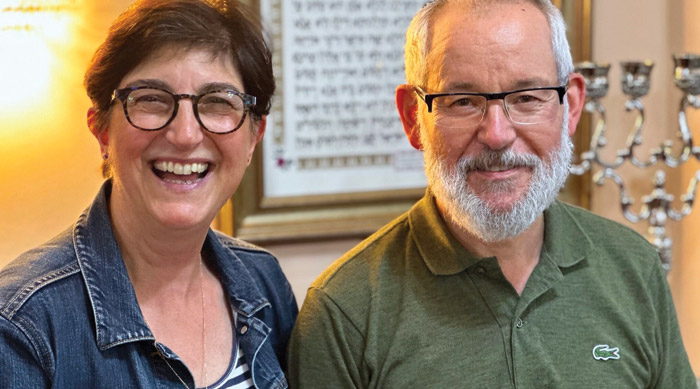

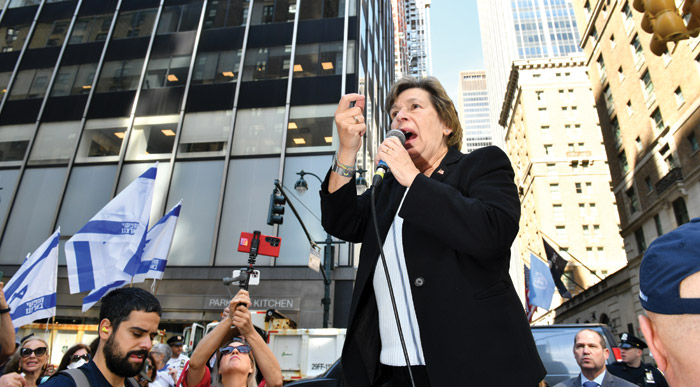
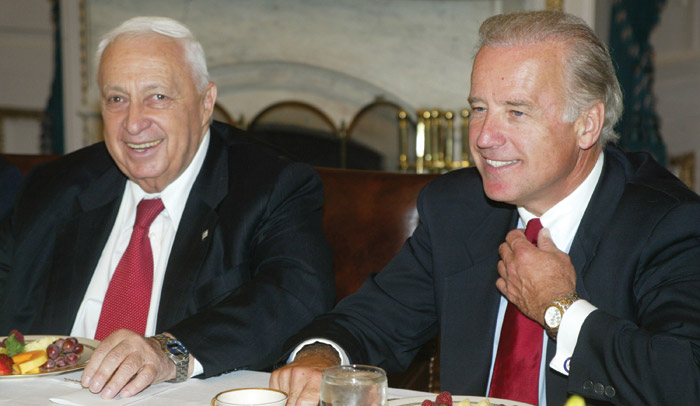
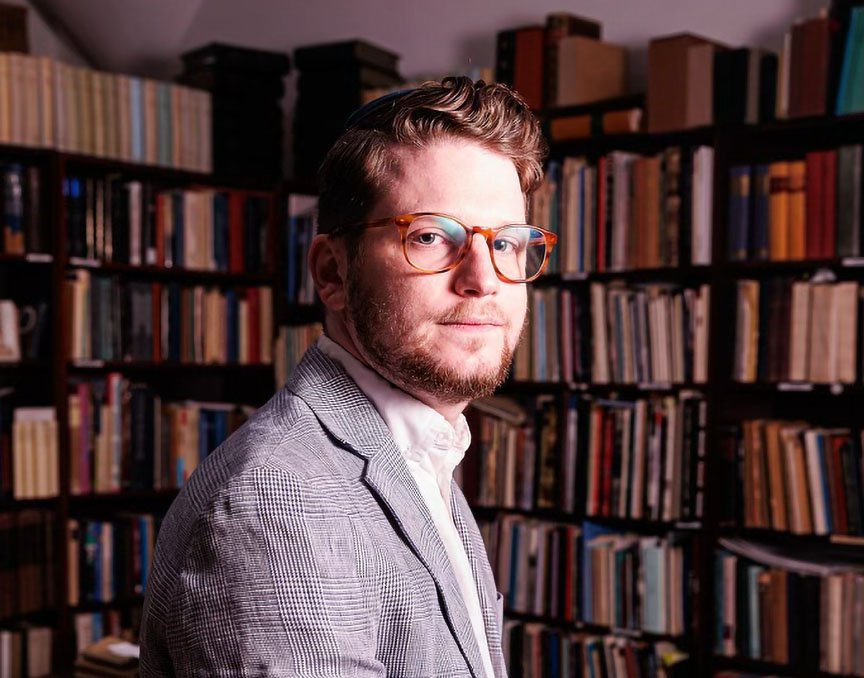

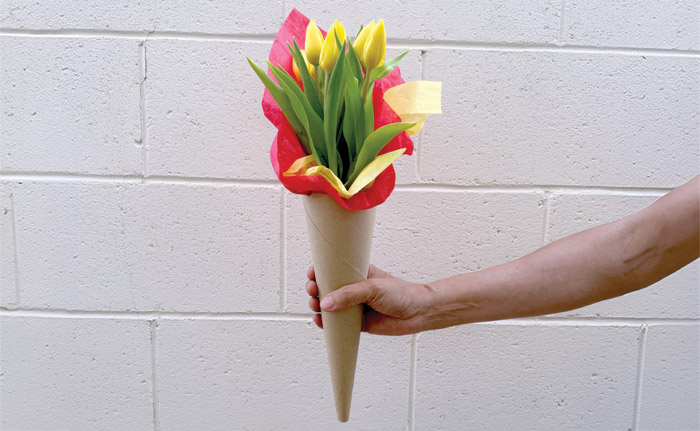
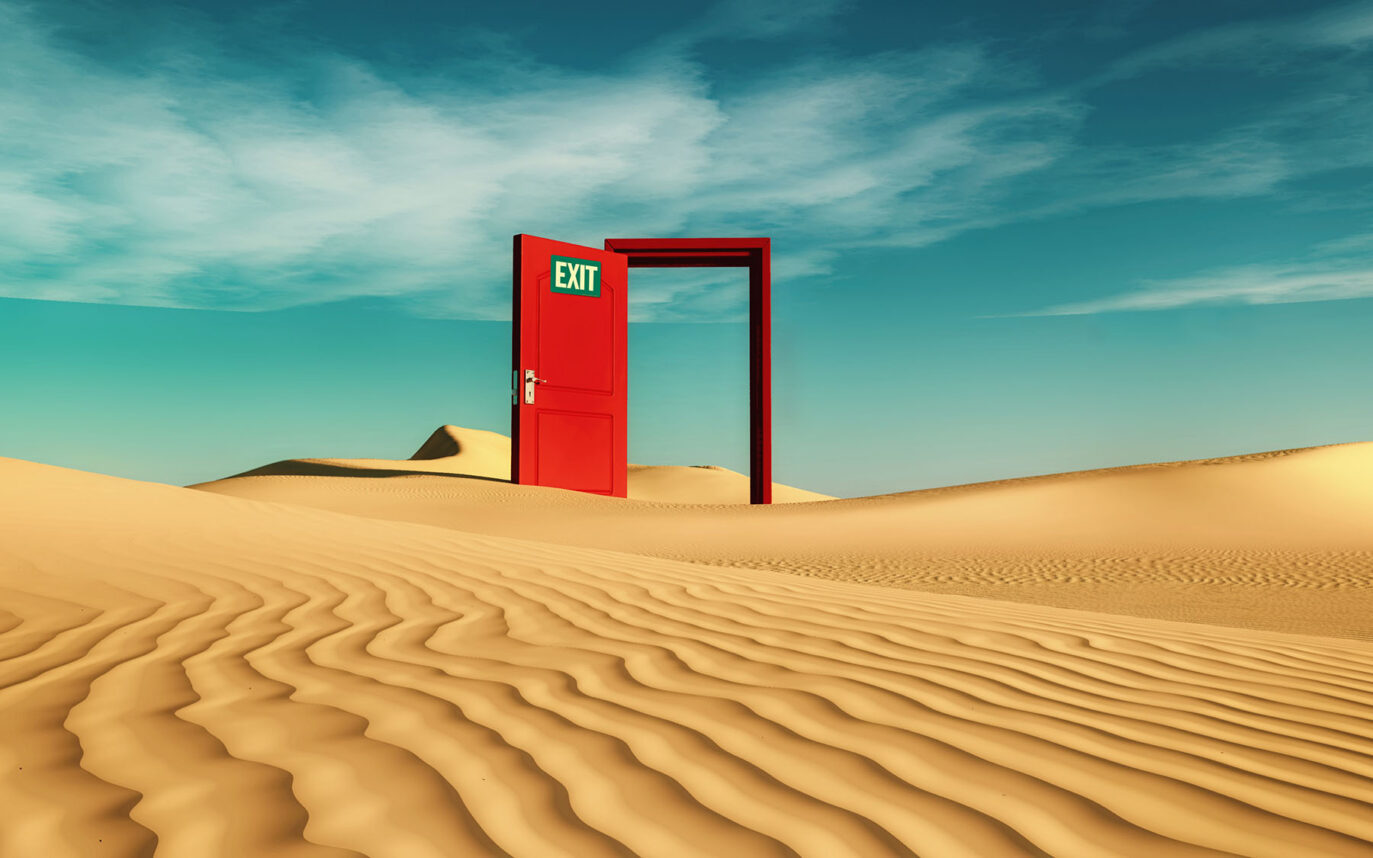
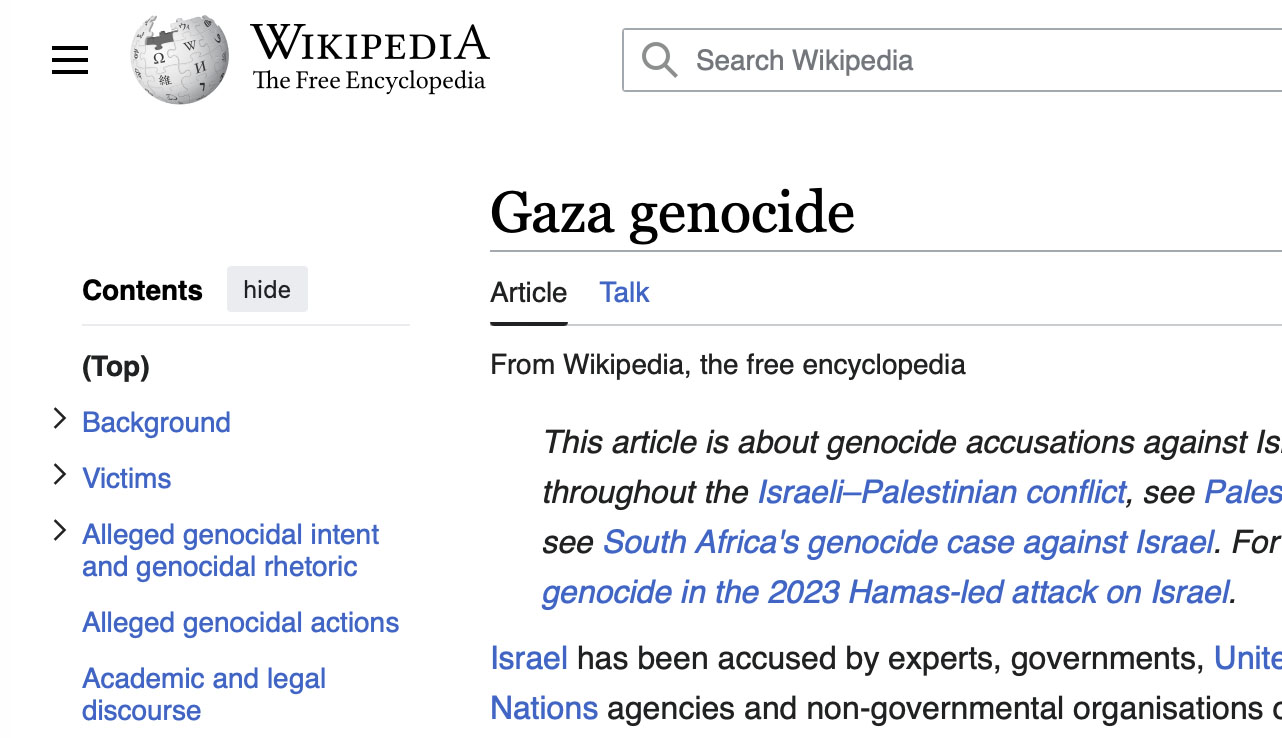



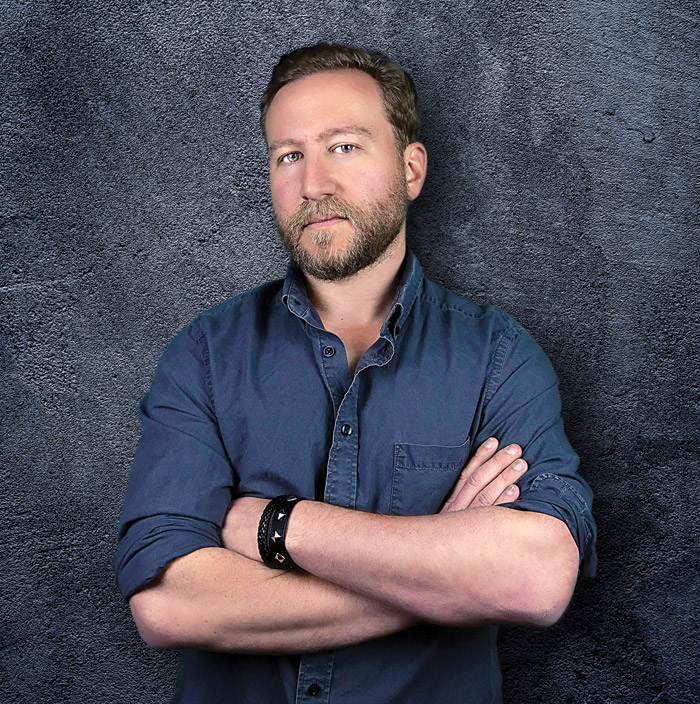
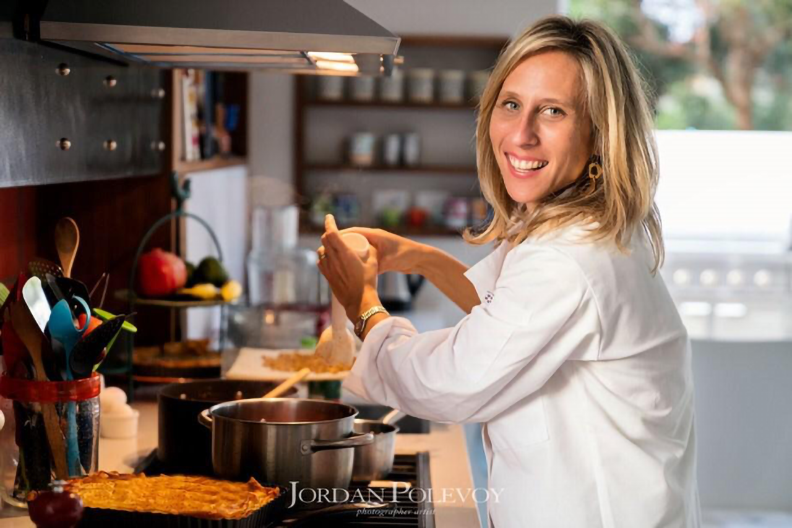
 More news and opinions than at a Shabbat dinner, right in your inbox.
More news and opinions than at a Shabbat dinner, right in your inbox.